Ancient Herbal Medicine: Traditional Remedies and Modern Applications
In a world where modern medicine seems to hold sway, it's easy to overlook the ancient wisdom of herbal remedies. But delve a little deeper, and you'll find a rich tapestry of knowledge woven through the centuries, offering a holistic approach to health and healing. Welcome to the fascinating world of Ancient Herbal Medicine: where tradition meets modern science, and the remedies of our ancestors find new relevance in the 21st century.
What is Ancient Herbal Medicine?
Ancient Herbal Medicine, also known as botanical medicine or herbalism, is the practice of using plants and plant extracts to treat various ailments and promote health and well-being. It's a practice deeply rooted in human history, dating back thousands of years to ancient civilizations like the Egyptians, Greeks, Chinese, and Native Americans.
At its core, herbal medicine is about harnessing the healing properties of nature. It recognizes the interconnectedness of mind, body, and environment, viewing health as a balance that must be maintained for optimal well-being. This holistic approach distinguishes it from the reductionist mindset of much of modern medicine, which often focuses solely on treating symptoms rather than addressing underlying imbalances.
Key Aspects of Ancient Herbal Medicine
1. Plant Diversity:
One of the most striking aspects of herbal medicine is the sheer diversity of plants used in treatments. From common herbs like peppermint and lavender to exotic species like ginseng and turmeric, there's a plant remedy for almost every ailment imaginable. Each plant contains a unique combination of active compounds that exert therapeutic effects on the body.
2. Traditional Knowledge:
Herbal medicine relies heavily on traditional knowledge passed down through generations. This knowledge is often rooted in cultural practices and folklore, with remedies being handed down from healer to apprentice or within families and communities. While some may dismiss this as mere superstition, modern research is increasingly validating the efficacy of many traditional herbal remedies.
3. Holistic Approach:
Unlike conventional medicine, which tends to compartmentalize the body into separate systems and organs, herbal medicine takes a more holistic view of health. Practitioners consider the interconnectedness of physical, emotional, and spiritual well-being, addressing underlying imbalances rather than just alleviating symptoms.
4. Personalized Treatment:
Herbal medicine recognizes that each individual is unique, and what works for one person may not work for another. Practitioners tailor treatments to the specific needs and constitution of the individual, taking into account factors such as age, gender, lifestyle, and overall health.
Relevance in the Modern World
In an era dominated by pharmaceuticals and high-tech medical interventions, you might wonder: does ancient herbal medicine still have a place? The answer, resoundingly, is yes. Here's why:
1. Natural Remedies:
With growing concerns about the side effects and long-term consequences of pharmaceutical drugs, many people are turning to natural remedies as a safer alternative. Herbal medicine offers a gentler approach, with fewer side effects and a lower risk of toxicity.
2. Resurgence of Interest:
There's been a resurgence of interest in herbal medicine in recent years, driven in part by a desire for more sustainable and environmentally friendly healthcare options. People are rediscovering the wisdom of their ancestors and seeking out traditional remedies as complements or alternatives to conventional treatments.
3. Scientific Validation:
Thanks to advances in modern science, we now have the tools to study the efficacy of herbal remedies in a way that wasn't possible in ancient times. And the results are often impressive. Numerous studies have confirmed the therapeutic benefits of various medicinal plants, validating what traditional healers have known for centuries.
4. Integration with Conventional Medicine:
Far from being mutually exclusive, herbal medicine and modern medicine can complement each other. Many healthcare practitioners now recognize the value of incorporating herbal remedies into their treatment protocols, offering patients a more holistic approach to healing.
Modern Applications of Ancient Herbal Medicine
So, what are some examples of ancient herbal remedies finding modern applications? Let's take a look:
1. Turmeric:
This bright yellow spice, long used in traditional Indian medicine, has gained widespread attention in recent years for its potent anti-inflammatory and antioxidant properties. Research suggests that turmeric may help alleviate symptoms of conditions like arthritis, heart disease, and even certain types of cancer.
2. Echinacea:
Native to North America, echinacea has a long history of use among Native American tribes for its immune-boosting properties. Today, it's commonly used as a natural remedy for colds, flu, and other respiratory infections, with some studies supporting its effectiveness in reducing the duration and severity of symptoms.
3. Ginger:
A staple in traditional Chinese and Ayurvedic medicine, ginger is renowned for its ability to soothe digestive issues like nausea, indigestion, and bloating. Modern research has also uncovered its anti-inflammatory and pain-relieving effects, making it a popular choice for alleviating symptoms of conditions like osteoarthritis and menstrual cramps.
4. Peppermint:
Known for its refreshing scent and cooling properties, peppermint has a long history of use in herbal medicine for its digestive and respiratory benefits. Today, it's commonly used to relieve symptoms of irritable bowel syndrome (IBS), indigestion, and headaches, with studies supporting its efficacy in reducing pain and discomfort.
Conclusion: Embracing the Wisdom of the Ages
As we've seen, Ancient Herbal Medicine is far more than just a relic of the past. It's a living, breathing tradition that continues to evolve and adapt to the needs of the modern world. By tapping into the wisdom of our ancestors and harnessing the healing power of nature, we can unlock a treasure trove of remedies that offer safe, effective alternatives to conventional treatments.
So the next time you're feeling under the weather or simply seeking to boost your overall well-being, why not explore the world of herbal medicine? You might just be surprised by the ancient wisdom waiting to be discovered.
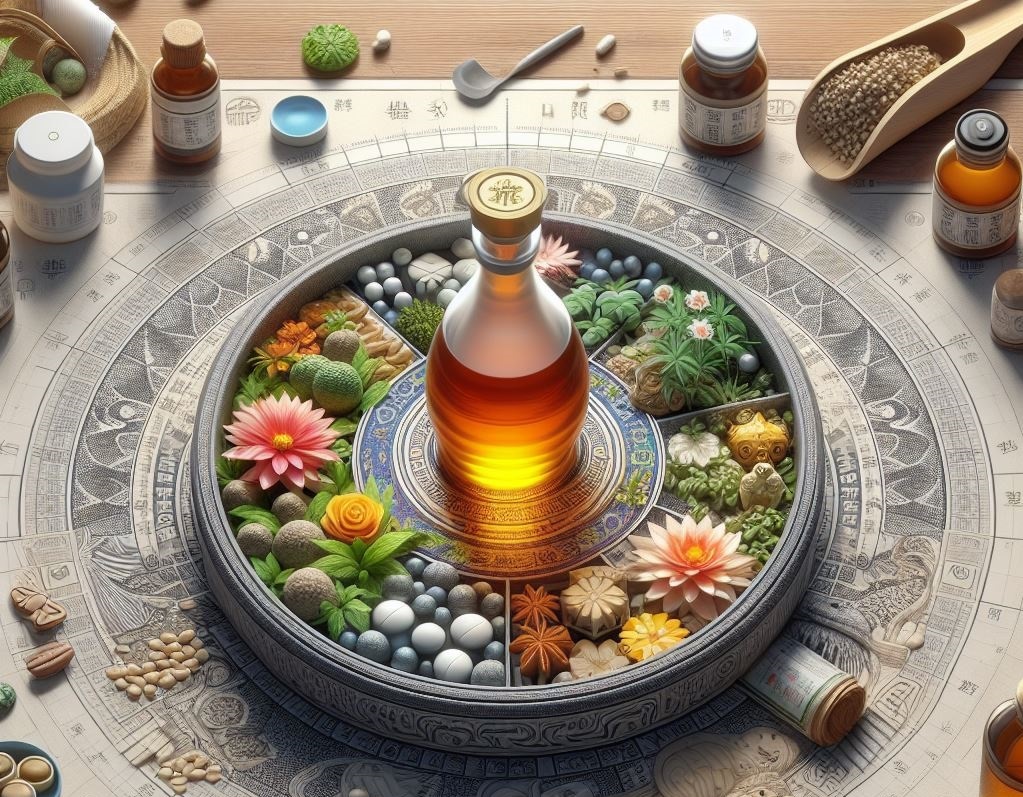



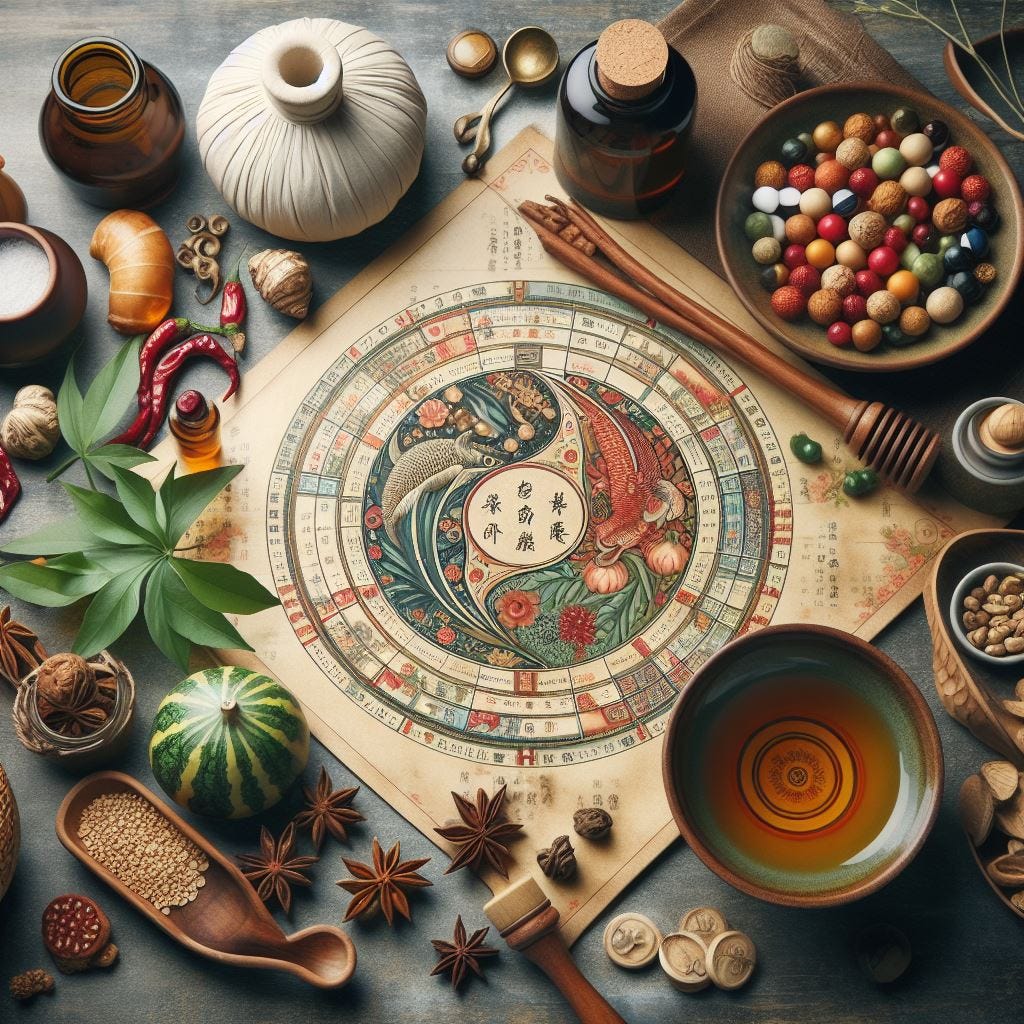
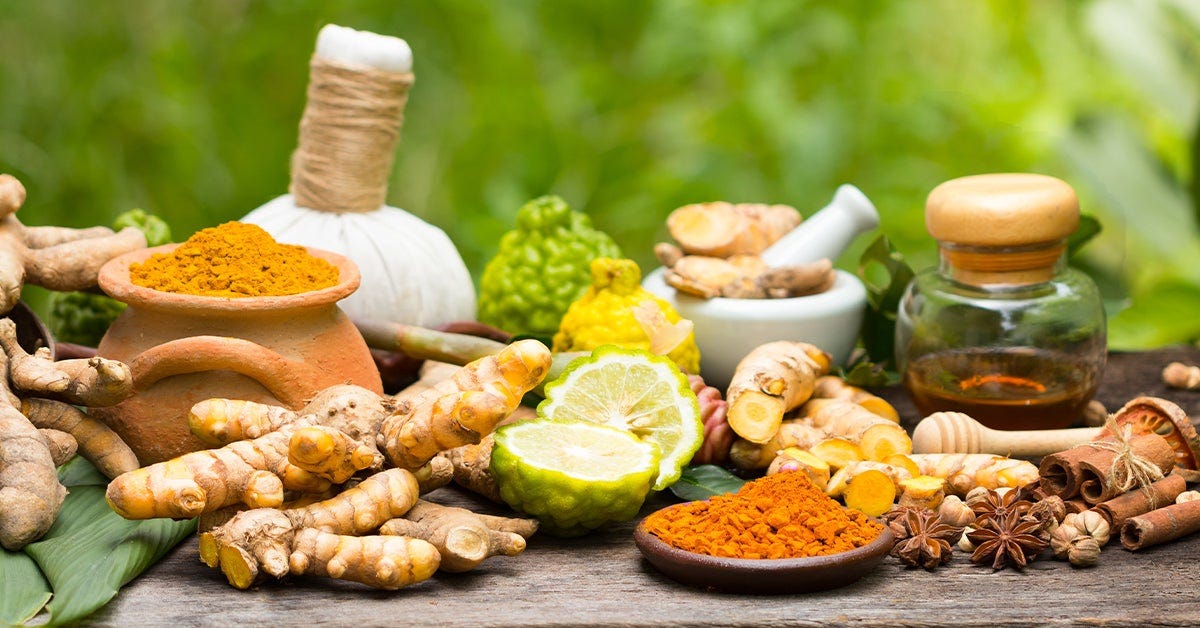

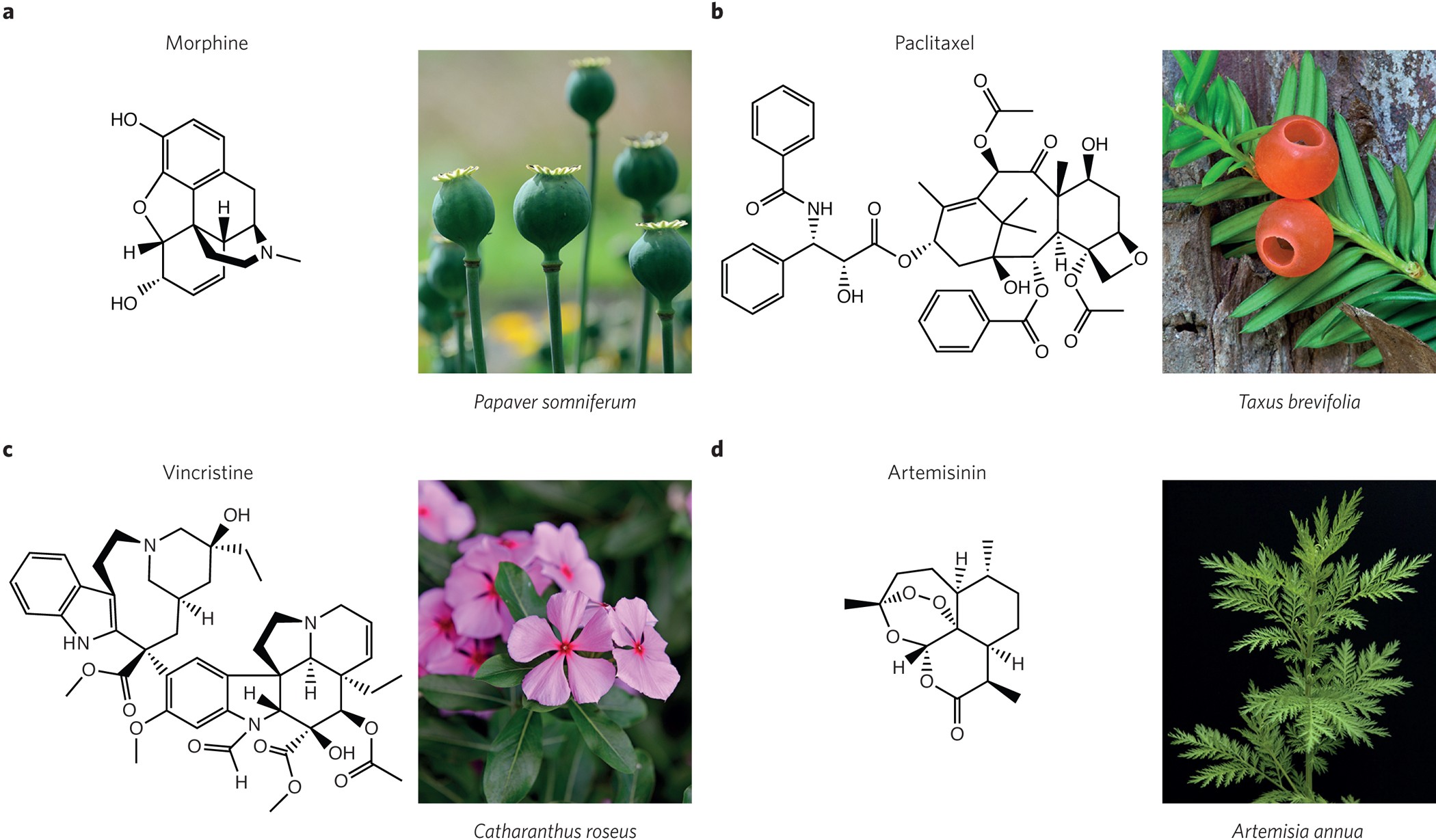
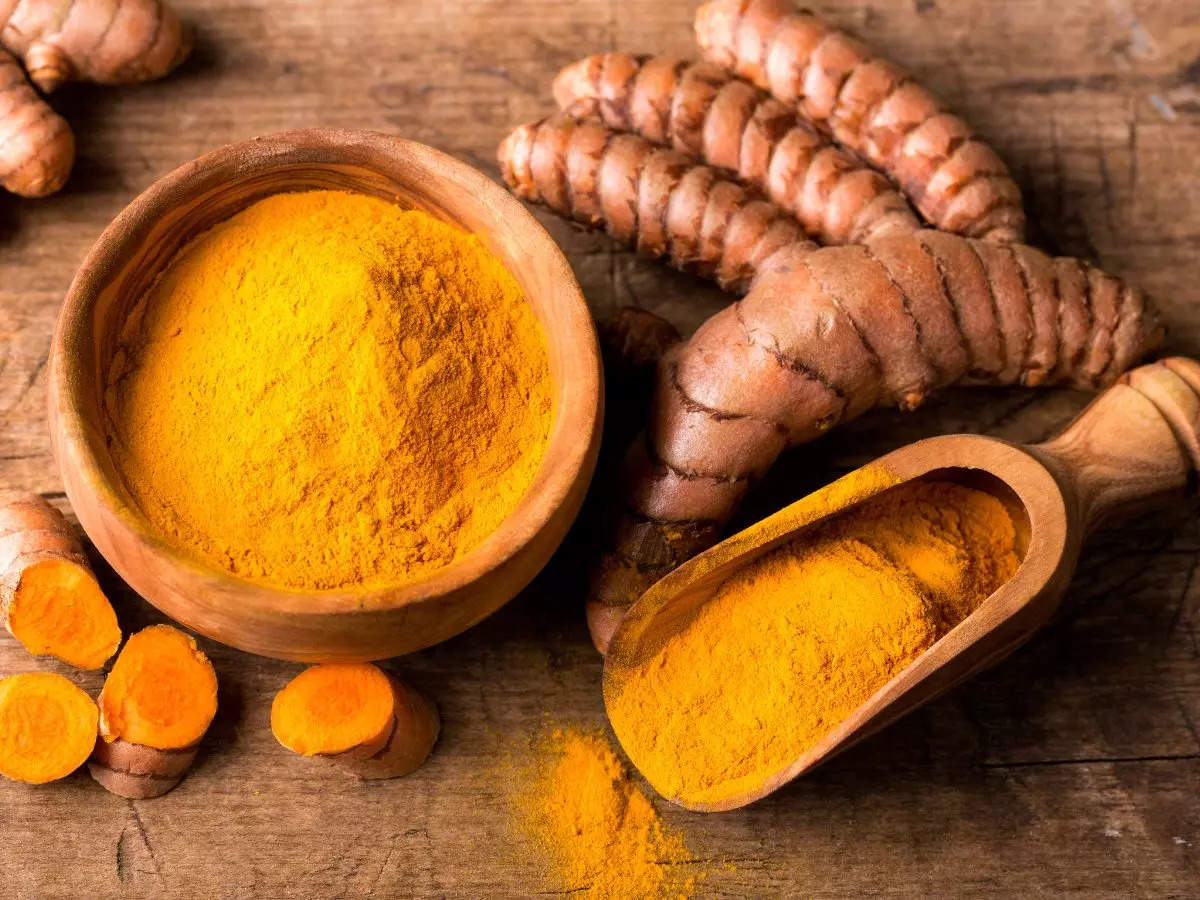

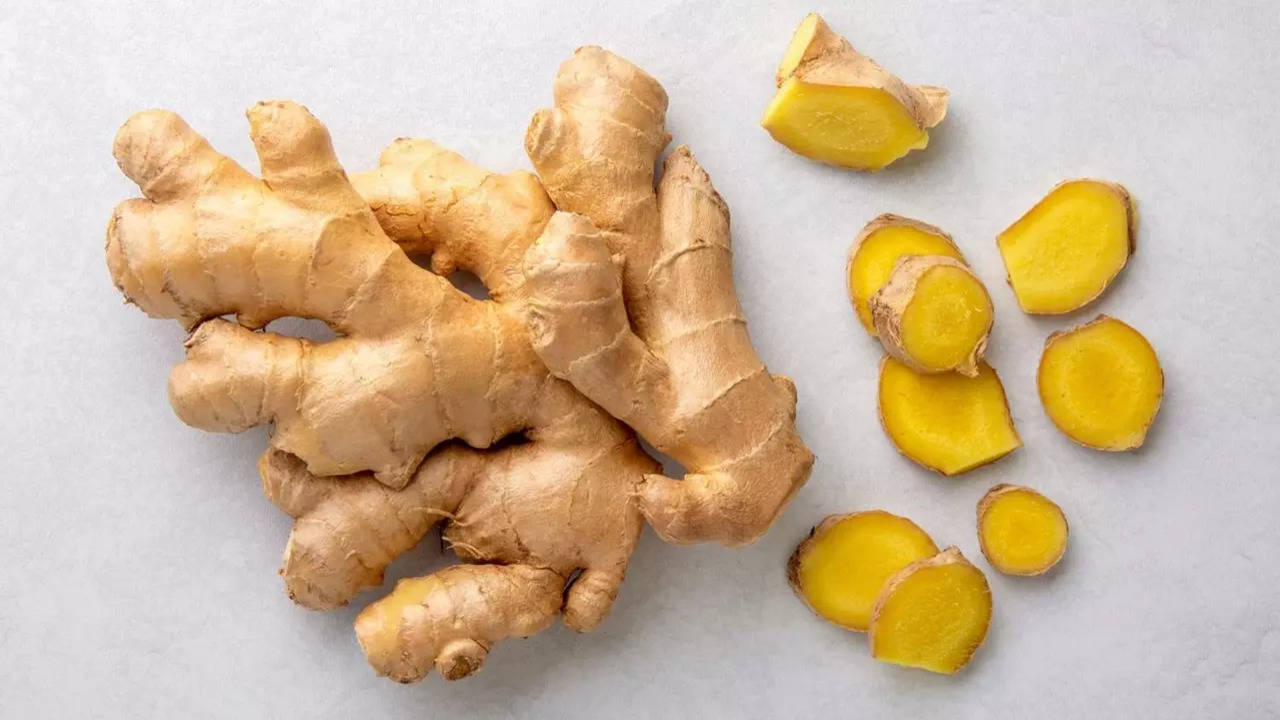
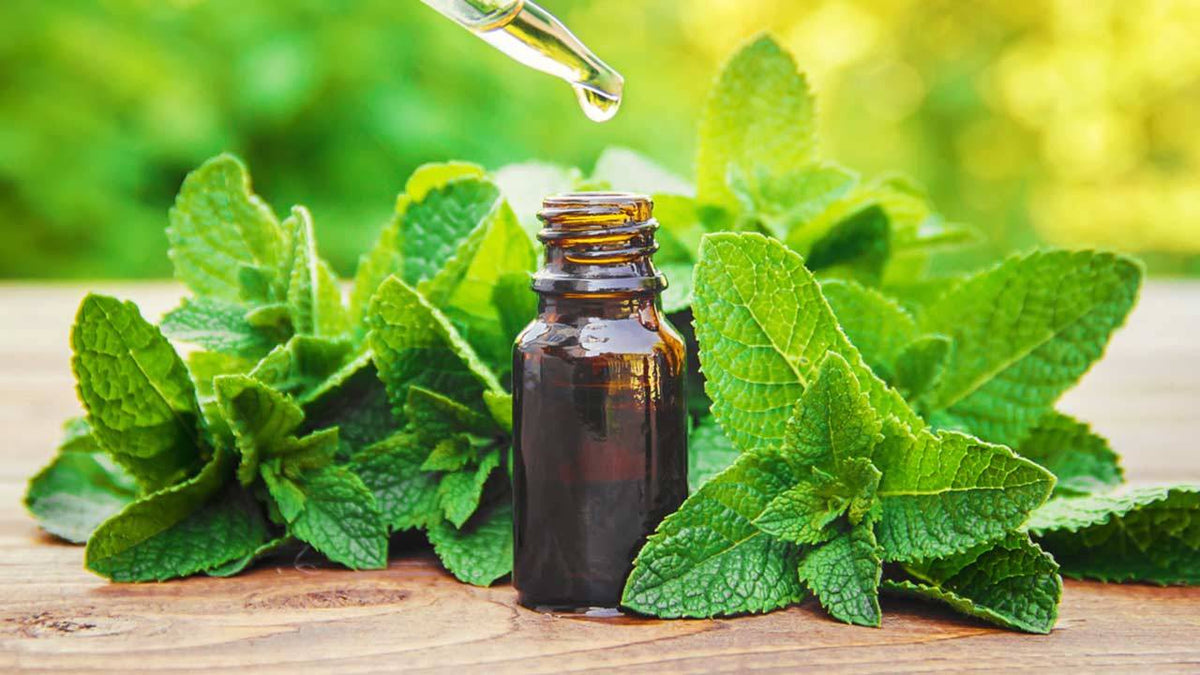

Comments
Post a Comment